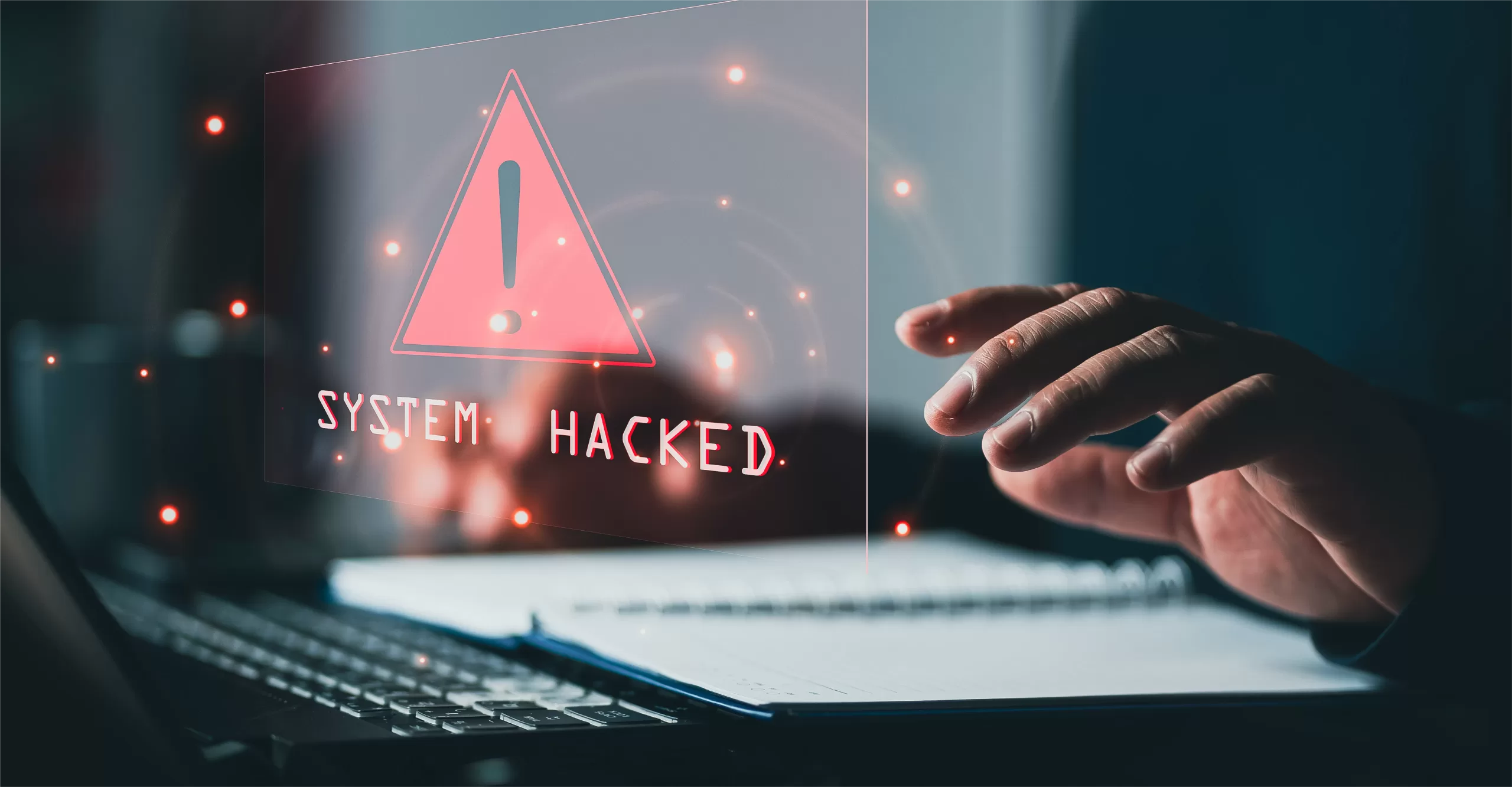You can enhance and expand the data security of your business with hardware encryption, primarily to protect it against cyber criminals. Encryption is an integral part of your cybersecurity plan, as it offers protection against threats like data leakage and theft.
In a general sense, encryption involves converting data into an unintelligible format via algorithms. Once data is encrypted, hackers can’t understand it. The only way they can read it and know what it’s saying is to decrypt the data to its original format, a process which requires a key for conversion. Encryption involves both the sender and the recipient. Basically, the sender makes an encryption key and shares it with authorized recipients.
Research suggests that the global cost of cybercrime will increase in the next four years, rising from $9.22 trillion in 2024 to $13.82 trillion by 2028. That’s why it’s important for organizations to use trusted encryption methods for protection of their own and customers’ data. Without it, sensitive, personal, and confidential information could be accessed by virtually anyone.
It’s possible to encrypt individual files, volumes, folders, or entire disks within a computer, along with USB flash drives and files stored with cloud computing technology.
Hardware Encryption vs. Software Encryption
Hardware encryption and software encryption are the two main types of encryption.
Hardware-based encryption uses a device with processors designed to authenticate users and encrypt data, such as encrypted USB and external hard drives, mobile phones with built-in encryption capabilities, and self-encrypting SSDs. Hardware encryption devices will generate encryption and decryption keys to ensure only authorized users can gain access to classified information.
Software-based encryption uses passwords as encryption keys, basically relying on a computer’s processing power in order to encrypt data.
The type you choose will depend on your company’s needs, security requirements, and budget. If you’re on a tight budget, you may want to go with software-based encryption due to its flexibility and scalability. If you are in the government, financial, or healthcare sector, you will want to go with hardware-based encryption which has stricter requirements regarding encrypting sensitive information.
Why is Hardware Encryption So Important?
From reputation damage to identity theft, there are many ways in which hardware encryption is critical for any business operation.
- Encryption protects you from fines and lawsuits, as you could be sued if computers containing sensitive information are stolen and the information is leaked. Encryption protects your critical, sensitive information so you can avoid devastating financial consequences.
- You can save yourself from potential reputation damage with proper encryption. Customer data can’t be accessed, which means you won’t end up on the news and suffer a reputational blow that could destroy your business.
- File and disk encryption protects the data stored on networks and computers, saving your business from high-level attacks that could shut you down permanently.
- Encryption protects the personally identifiable information (PII) of your customers, which businesses like you may collect for advertising or other purposes. It’s vital to protect your customers’ names, birthdates, financial information, and Social Security numbers.
- Use encryption to build customer trust in your business, as they may understandably have shaken confidence in hearing of daily cyberattacks on the news. Consumer confidence is key.
- Because laptops and mobile devices contain valuable consumer and company data, it would be easy for proprietary, sensitive information to be stolen along with these devices if not protected by hardware encryption. It’s not enough to have strong passwords, as thieves can boot these devices from a USB thumb drive to gain access.
- Even if you’re sharing files between two computers on site, encryption protects against possible interception.
- Even for personal messaging, end-to-end encryption is a must. That’s because hackers will often target small businesses that communicate with customers via messaging apps. When app providers use encryption, your data stays safe without additional security measures on your end.
- Because emails contain valuable information shared with others, you need an extra layer of protection with encryption. Plus, you can use it to authenticate email senders to avoid malicious links.
- Hackers can steal your personal details to impersonate you, making purchases without your consent or knowledge. Encryption can shield you from these incidents.
Request a Quote From Cardinal Technology Solutions
To learn more about hardware encryption and how it can protect your company and enhance your business’ security, get a free quote today from Cardinal Technology Solutions. We offer cost effective hardware and data encryption solutions as part of our hardware consulting services.





